
- Home
- Photography Tours
- Diary / Blog
- Galleries
- Foreign Trips
- Tasmania 2016
- NE Queensland 2016
- Western Alps 2016
- NE Spain 2016
- Australia's Wet Tropics 2015
- Australia's Top End 2015
- SW Australia 2015
- Switzerland 2015
- Andalucia 2015
- Belize 2015
- Australia 2014
- Switzerland 2014
- Belize 2014
- Bahama Islands 2014
- Switzerland 2013
- Ecuador 2012-2013
- Florida 2011-2012
- Vancouver Island 2011
- Australia 2010
- Peru 2008
- Bulgaria 2007
- Lesvos 2006
- California 2006
- New Zealand 2005
- Extremadura 2005
- Goa, India 2004
- The Gambia 2003
- About
Northeastern Spain
April / May 2016
Part 5 : Cap de Creus
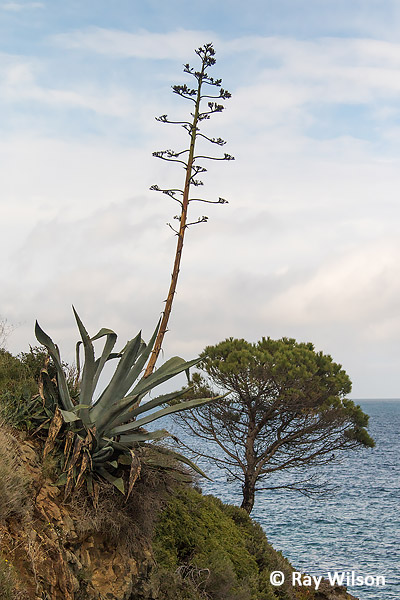
Century Plant (Agave americana)
The Cap de Creus is a natural park, located just 25km south of the French border, that encompasses 190km2 of windswept rocky headland.
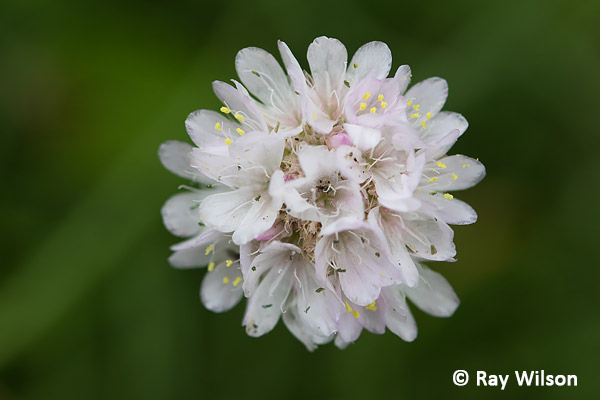
Jersey Thrift (Armeria arenaria)
Around the coastline, many salt-tolerant plants can be found, such as Jersey Thrift...
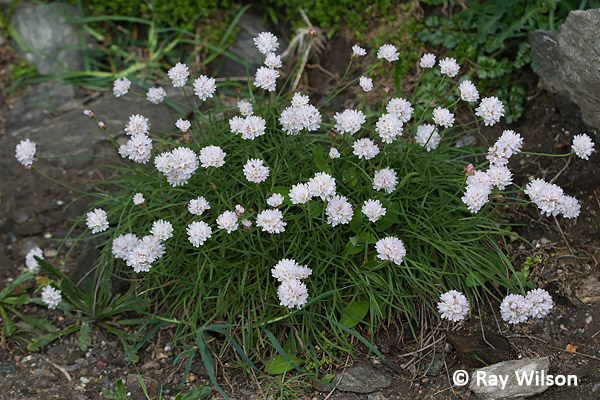
Jersey Thrift (Armeria arenaria)
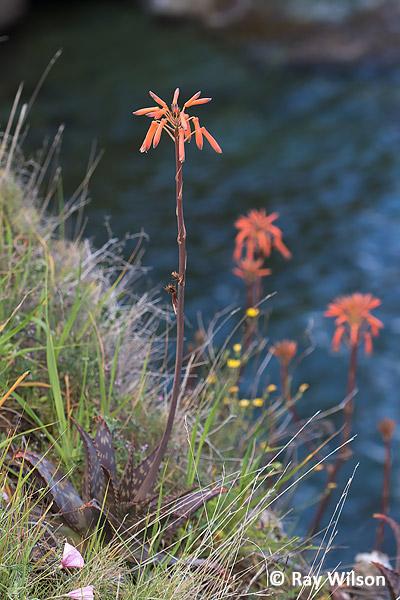
Tree Aloe (Aloe arborescens) |
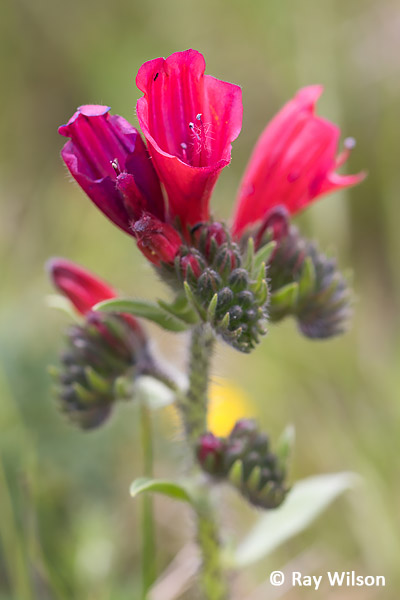
Cretan Viper's Bugloss (Echium creticum) |
...but it was on the rocky grasslands on the higher ground around the St Sebastian monastery that I found the highest wildflower diversity.
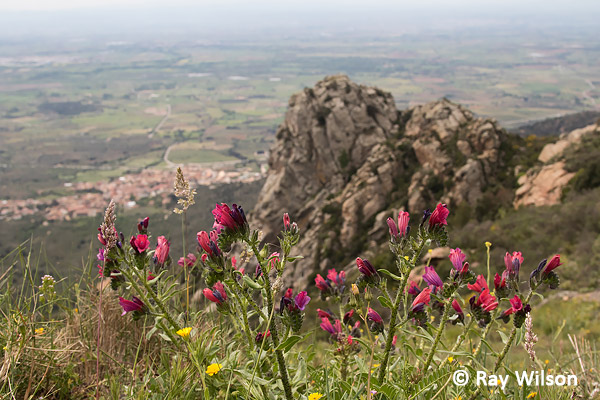
Cretan Viper's Bugloss (Echium creticum)
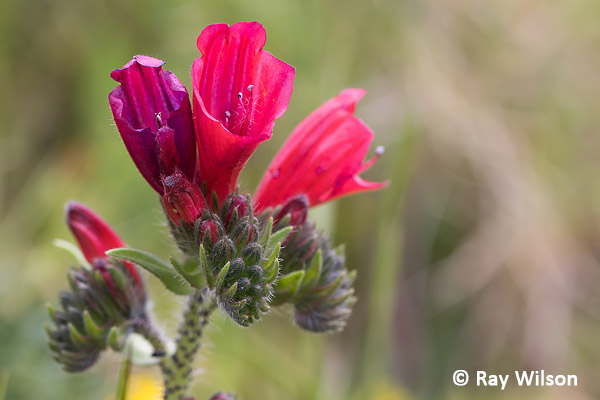
Cretan Viper's Bugloss (Echium creticum)
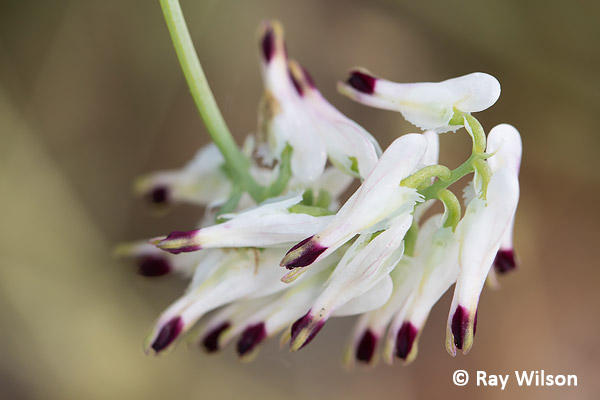
White Ramping-fumitory (Fumaria capreolata)
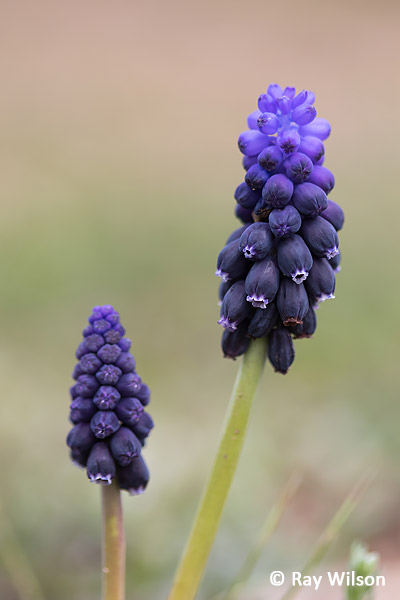 |
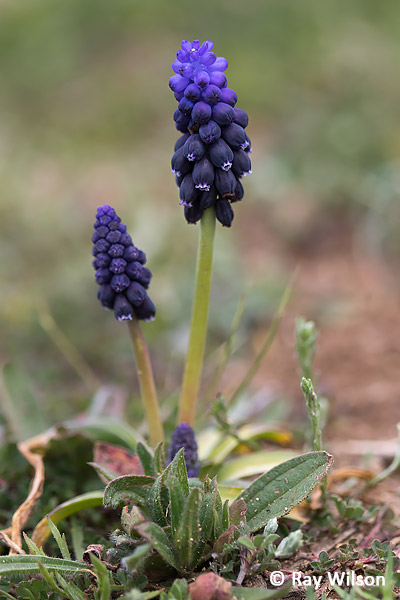 |
Grape Hyacinth (Muscari neglectum)
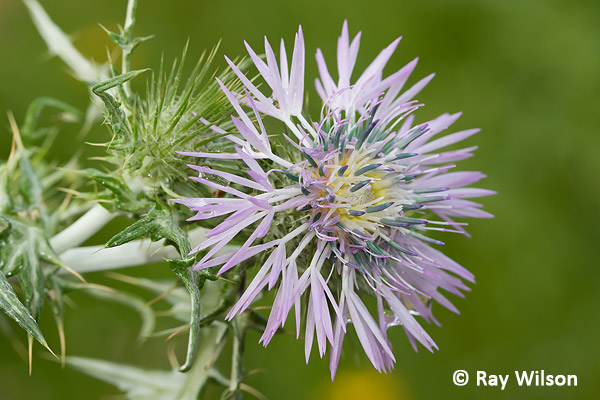
Galactites tomentosa
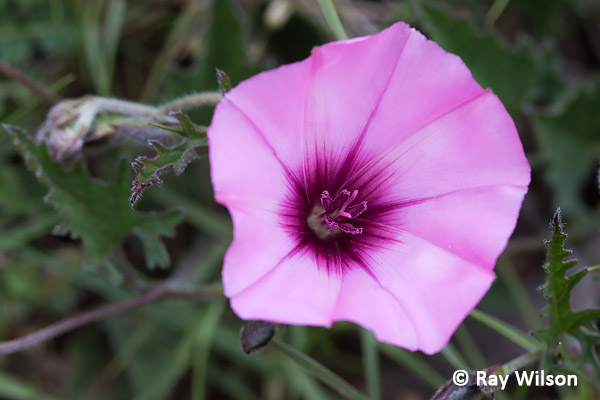
Mallow Bindweed (Convolvulus althaeoides)
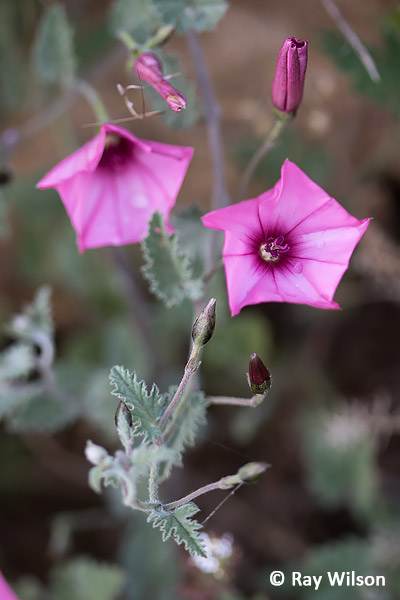 |
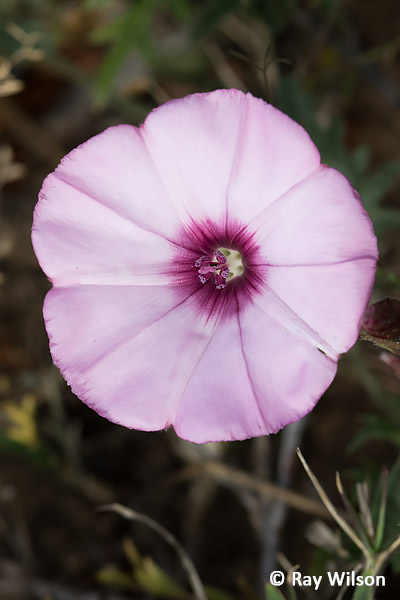 |
Mallow Bindweed (Convolvulus althaeoides)
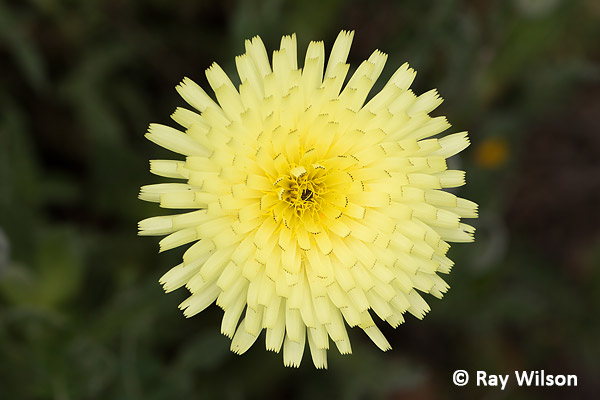
Urospermum dalechampii
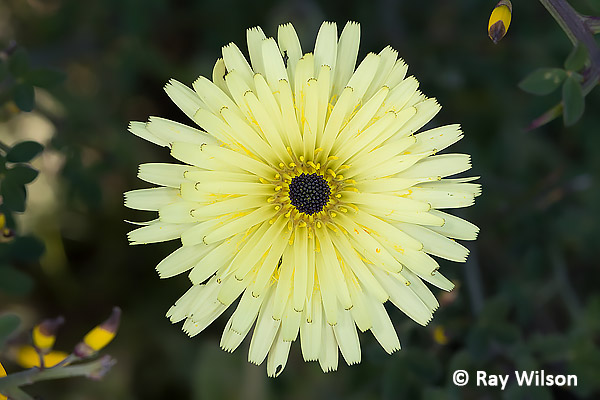
Urospermum dalechampii
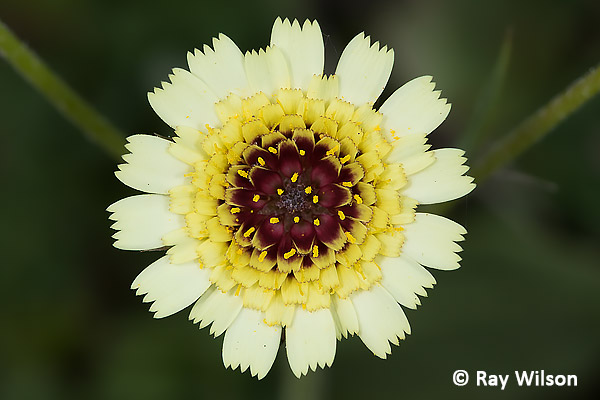
European Umbrella Milkwort (Tolpis barbata)
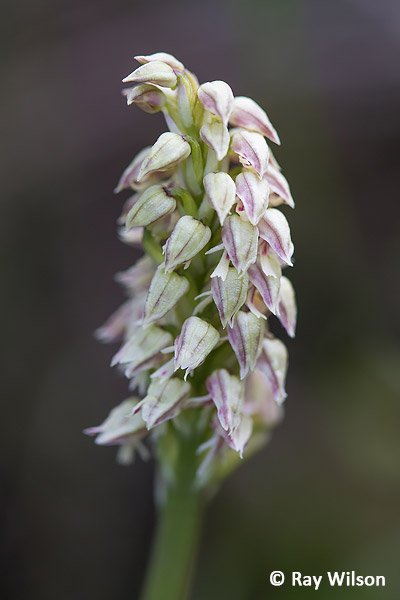
Dense-flowered Orchid (Neotinia maculata) |
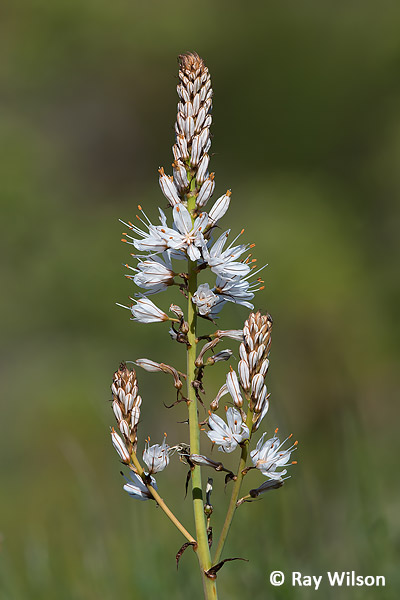
Common Asphodel (Asphodelus aestivus) |
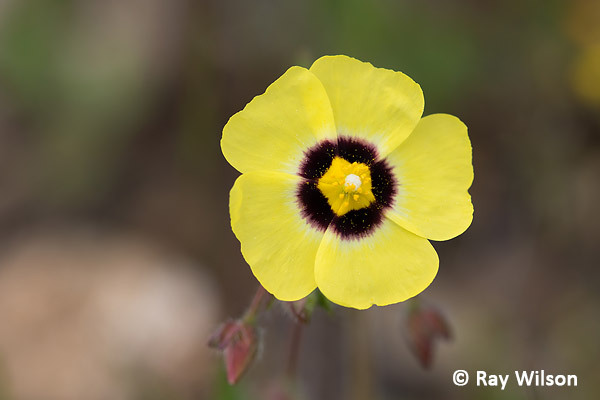
Annual Rock Rose (Tuberaria guttata)
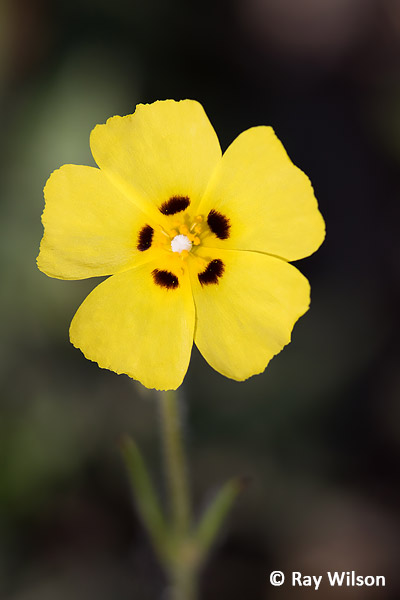
Annual Rock Rose (Tuberaria guttata) |
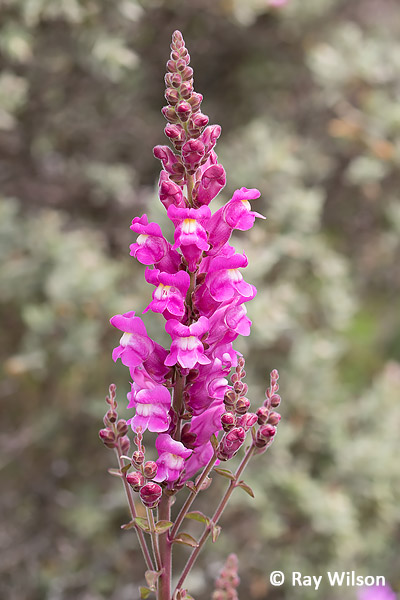
Snapdragon (Antirrhinum majus) |
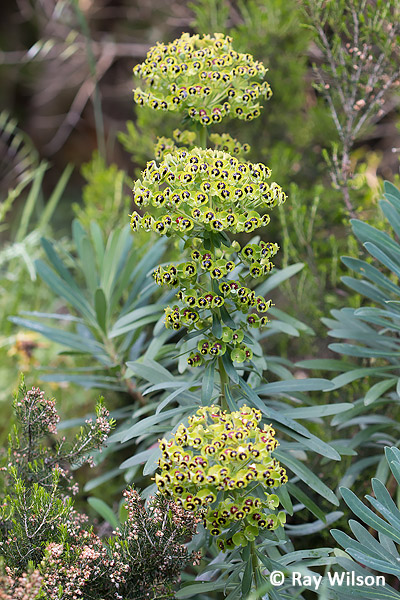 |
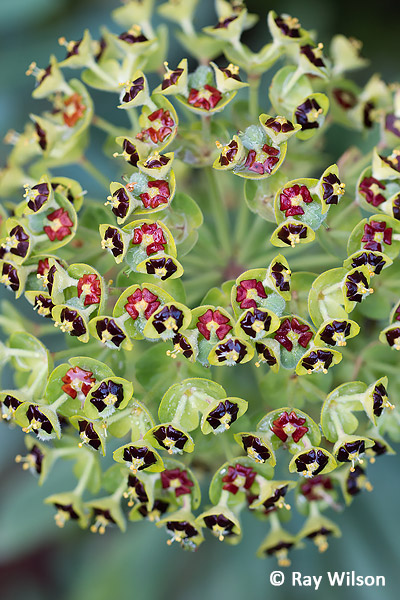 |
Large Mediterranean Spurge (Euphorbia characias)
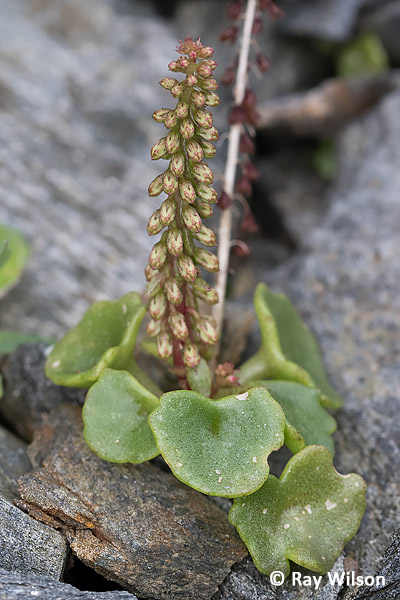
Navelwort (Umbilicus rupestris)
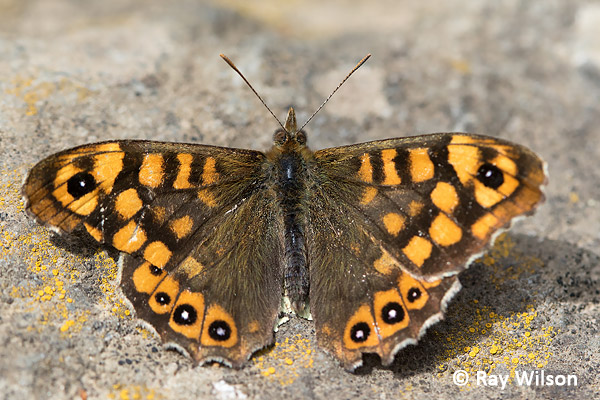
Wall (Lasiommata megera)
Despite the temperatures starting to warm up, butterfly activity was still very sparse. Wall and Swallowtail were the most commonly encountered species.
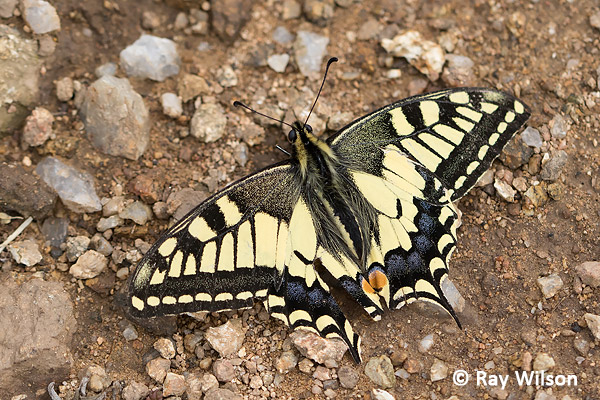
CommonSwallowtail (Papilio machaon)
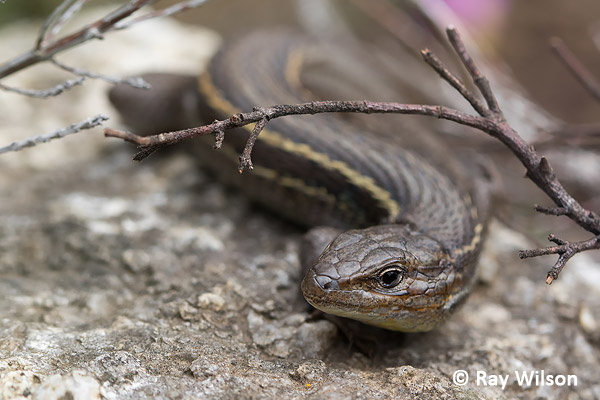
Large Psammodromus (Psammodromus algirus)
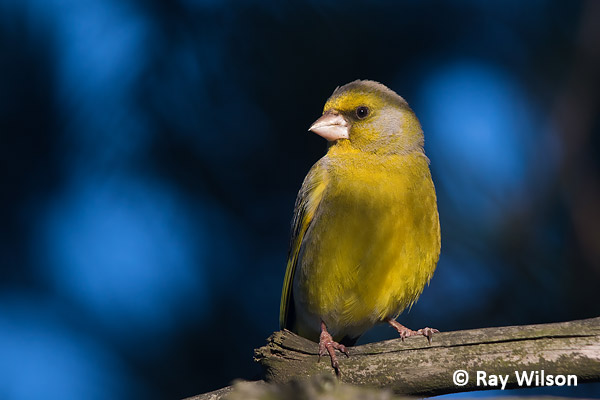
European Greenfinch (Carduelis chloris)
All the usual scrubland birds, such as Sardinian Warbler, Hoopoe, Iberian Green Woodpecker, Goldfinch, Linnet, Nightingale etc., were present but were all a bit skittish and wouldn't allow me to get within 50m of them before flying off. The only exception was a single male Greenfinch.
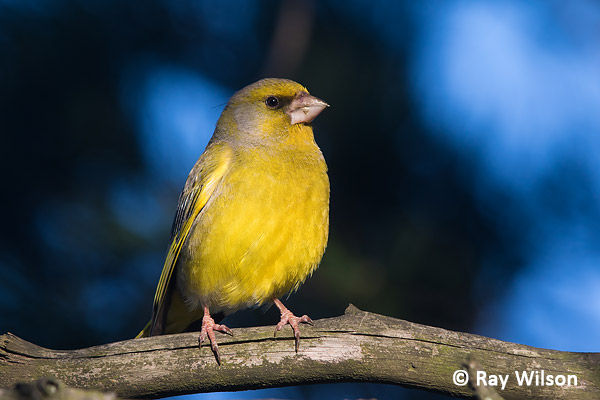
European Greenfinch (Carduelis chloris)
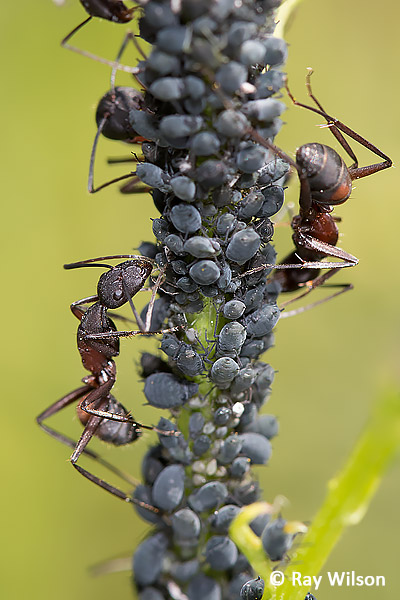
Ants tending their aphid flock
Ray Wilson owns the copyright of all images on this site.
They may not be used or copied in any form without prior written permission.
raywilsonphotography@googlemail.com